What is hypersomnia?
Hypersomnia is a disorder in which you feel drowsy throughout the day. It might happen even after a lengthy period of sleep. Excessive daytime drowsiness (EDS) is another word for hypersomnia.
It is a condition that can be either primary or secondary. Secondary hypersomnia is caused by another medical disorder. Hypersomniacs have trouble working throughout the day because they are exhausted all of the time, which can impact their attention and energy levels.
Read: Hypersomnolence Disorder
What are the types of hypersomnia?
It is classified as either primary or secondary.
There are no additional medical disorders that cause primary hypersomnia. Excessive fatigue is the only symptom.
Other medical disorders might cause secondary hypersomnia. Sleep apnea, Parkinson’s disease, renal failure and chronic fatigue syndrome are examples. These problems result in a lack of sleep at night, making you tired throughout the day.
Narcolepsy is a neurologic disease that produces uncontrollable sleep episodes throughout the day. This disorder is not the same as narcolepsy. Hypersomniacs can stay up on their own, but they are exhausted.
Causes
Dysfunction in the brain systems that govern sleep and waking processes is considered to be the cause of primary hypersomnia.
Secondary hypersomnia is a condition that occurs as a result of tiredness or poor sleep. For example, sleep apnea can induce hypersomnia since it causes difficulty breathing at night, causing people to wake up many times.
Hypersomnia is a side effect of several medicines. Frequent drug and alcohol usage can cause daytime drowsiness. Low thyroid function and a brain injury are two more possibilities.
Read: Sleep Terrors
Risk factors
It is more common among those who have disorders that make them fatigued throughout the day. Sleep apnea, renal disease, heart disease, brain disease, atypical depression and poor thyroid function are among these disorders.
According to the American Sleep Association, men are more affected than women.
This disorder is also a concern for people who smoke or drink heavily on a daily basis. Drowsiness-inducing medications might induce negative effects comparable to hypersomnia.
Symptoms
Constant fatigue is the most common symptom of hypersomnia. People who suffer from disorder may take naps throughout the day without ever waking up. They also have trouble waking up after sleeping for extended periods of time.
Other hypersomnia symptoms include:
- Low power consumption
- Irritability
- Anxiety
- Loss of appetite
- Slow speech and thinking
- Difficulty remembering
- Restlessness
Read: Restless Legs Syndrome
Do I have hypersomnia?
A doctor will examine your symptoms and medical history to determine your illness. A physical examination can be used to assess alertness.
This disorder is diagnosed using a variety of tests, including:
- By using a sleep diary, you keep track of your sleeping patterns by recording your sleep and waking periods throughout the night.
- The Epworth Drowsiness Scale is a tool that allows you to rate your sleepiness in order to evaluate the severity of your issue.
- You take a daytime nap while being monitored for several sleep latency tests. The exam assesses the different types of sleep you have.
- A polysomnogram is a sleep study in which you spend the night at a sleep clinic. Brain activity, eye movements, heart rate, oxygen levels, and breathing function are all monitored by a machine.
What is the treatment for hypersomnia?
Depending on the reason, there are a variety of hypersomnia treatments available.
Many narcolepsy medications can also be used to treat hypersomnia. Amphetamine, methylphenidate and modafinil are among them. Stimulants are medicines that make you feel more alert.
Lifestyle changes are an important component of the recovery process. A doctor may advise you to start sleeping on a regular schedule. Avoiding certain activities, especially around night, might help alleviate discomfort.
Alcohol and narcotics should be avoided by most persons with this disorder. A high-nutrition diet may also be recommended by a doctor to naturally sustain energy levels.
Read: How Pandemic COVID-19 Affects Our Dreams
How to get rid of hypersomnia?
Some types of hypersomnia cannot be prevented. It may be avoided by providing a calm sleeping environment and avoiding alcohol. Also, stay away from drowsy medicines and avoid working late at night.
Outlook
With the appropriate lifestyle adjustments, some persons with hypersomnia can improve their symptoms. Medications can also help with this problem. However, some people may never fully recover. Although this is not a life-threatening illness, it can have a negative influence on a person’s quality of life.
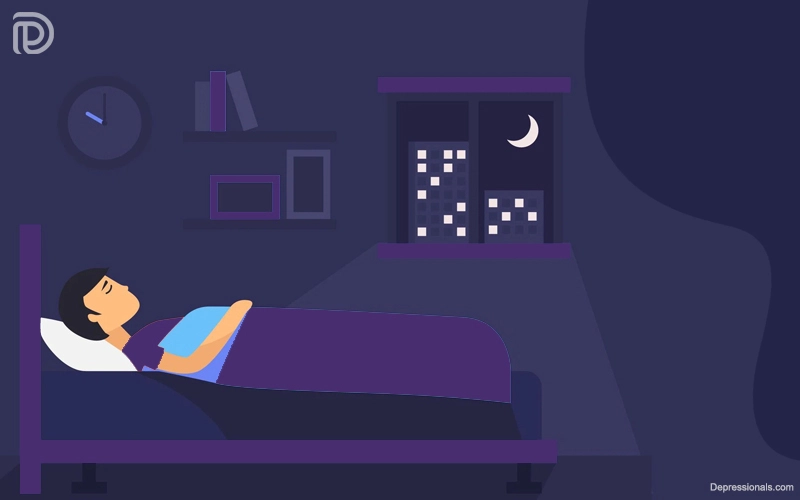
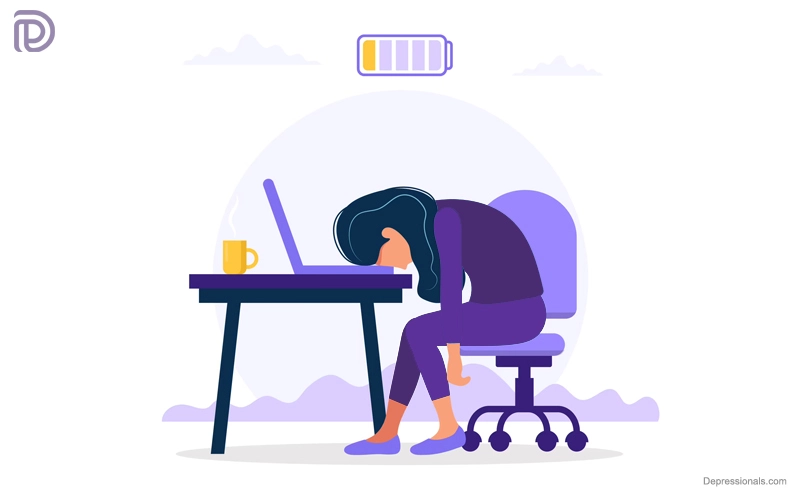
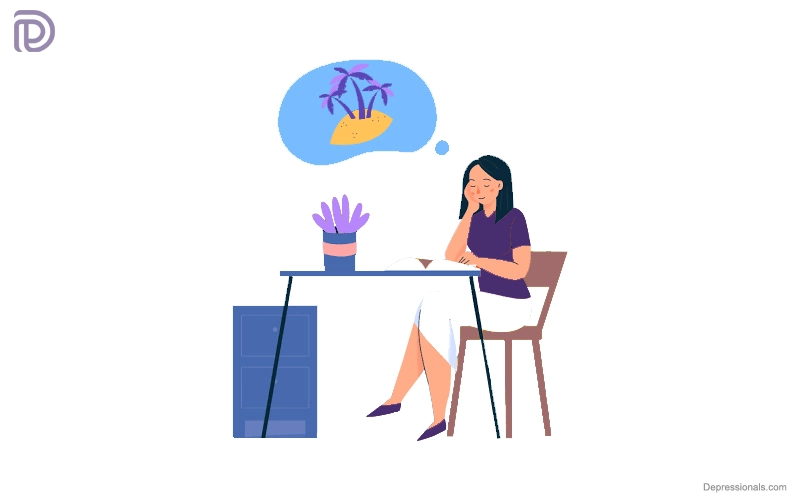
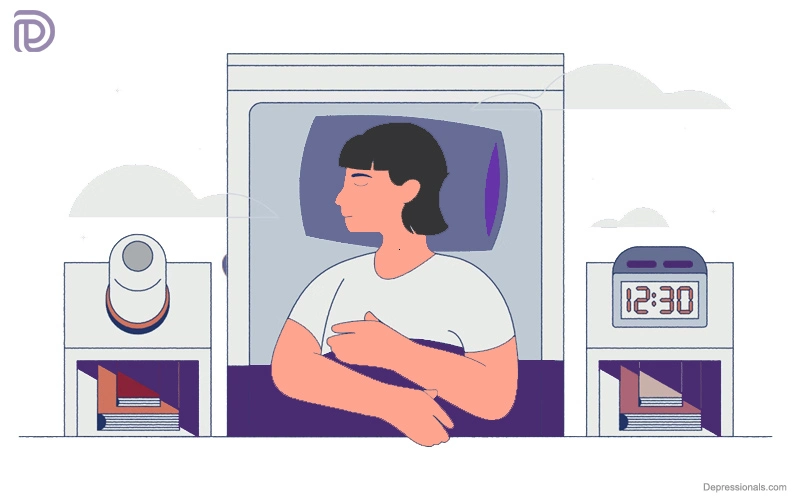
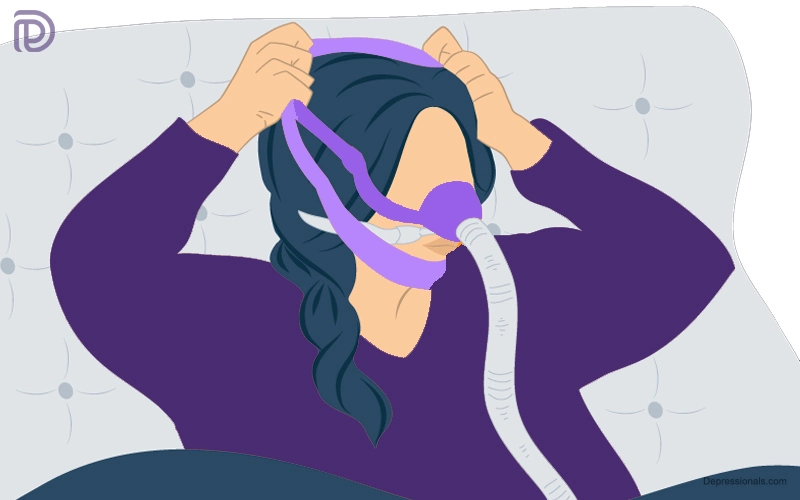

What’s up, I check your blogs like every week.
Your humoristic style is witty, keep it up!
Thanks very nice blog!
I’d really appreciate you for this post. keep it up.
Hey there! I could have sworn I’ve been to this site before but after checking through some of the post I realized it’s new to me. Anyways, I’m definitely glad I found it and I’ll be bookmarking and checking back often!
I do agree with all the ideas you’ve presented in your post. They’re very convincing and will definitely work. Still, the posts are very short for starters. Could you please extend them a bit from next time? Thanks for the post.
Heya i am for the first time here. I came across this board and I find It really useful & it helped me out a lot. I hope to give something back and help others like you helped me.
Hi! I know this is kinda off topic however , I’d figured I’d ask. Would you be interested in trading links or maybe guest authoring a blog post or vice-versa? My site covers a lot of the same topics as yours and I believe we could greatly benefit from each other. If you’re interested feel free to shoot me an email. I look forward to hearing from you! Fantastic blog by the way!
Hi! Would you mind if I share your blog with my facebook group? There’s a lot of people that I think would really enjoy your content. Please let me know. Many thanks
Hello There. I discovered your weblog using msn. This is an extremely well written article. I will make sure to bookmark it and come back to read extra of your helpful information. Thanks for the post. I will definitely comeback.
Very well written post. It will be helpful to everyone who employess it, as well as yours truly :). Keep up the good work – i will definitely read more posts.
Thanks for discussing your ideas.
Excellent issues altogether, you just received a emblem new reader. What could you recommend about your put up that you just made some days in the past? Any sure?
It is really a nice and useful piece of information. I am glad that you shared this useful info with us. Please keep us up to date like this. Thanks for sharing.
My brother recommended I might like this website. He was totally right. This post truly made my day. You can not imagine simply how much time I had spent for this information! Thanks!
Wow! This can be one particular of the most useful blogs We have ever arrive across on this subject. Basically Magnificent. I am also a specialist in this topic so I can understand your effort.
hello!,I love your writing so so much! proportion we be in contact more approximately your article on AOL? I need an expert on this space to unravel my problem. May be that’s you! Taking a look forward to see you.
After examine just a few of the blog posts on your website now, and I truly like your approach of blogging. I bookmarked it to my bookmark web site checklist and can be checking back soon. Pls take a look at my web site as effectively and let me know what you think.
I have to get across my love for your generosity supporting those people that have the need for assistance with this niche. Your personal dedication to getting the solution across had been exceptionally beneficial and has without exception empowered individuals like me to reach their ambitions. Your personal insightful key points signifies so much a person like me and further more to my peers. Many thanks; from each one of us.
Exceptional post however I was wanting to know if you could write a litte more on this topic? I’d be very thankful if you could elaborate a little bit further. Kudos!
great points altogether, you simply gained a new reader. What would you suggest in regards to your post that you made some days ago? Any positive?
According to my study, after a property foreclosure home is marketed at a bidding, it is common with the borrower to still have the remaining balance on the mortgage. There are many lenders who seek to have all expenses and liens paid by the subsequent buyer. Even so, depending on specific programs, polices, and state legislation there may be several loans that are not easily solved through the exchange of lending products. Therefore, the obligation still falls on the client that has had his or her property in foreclosure. Thank you sharing your ideas on this weblog.
Admiring the time and effort you put into your blog and in depth information you offer. It’s good to come across a blog every once in a while that isn’t the same outdated rehashed material. Fantastic read! I’ve saved your site and I’m including your RSS feeds to my Google account.
I simply needed to say thanks yet again. I am not sure the things that I would’ve created in the absence of these secrets contributed by you regarding such theme. It became the traumatic issue for me, but taking a look at a expert tactic you treated it forced me to leap with joy. Now i am grateful for the information and as well , wish you recognize what an amazing job your are carrying out instructing others with the aid of your web page. I am sure you have never come across any of us.
Hello, i believe that i saw you visited my blog thus i came to go back the prefer? I am attempting to find things to enhance my website!I suppose its good enough to make use of a few of your ideas!!
hello there and thank you for your information – I have definitely picked up anything new from right here. I did however expertise a few technical issues using this web site, since I experienced to reload the website many times previous to I could get it to load properly. I had been wondering if your web hosting is OK? Not that I’m complaining, but slow loading instances times will very frequently affect your placement in google and could damage your high-quality score if ads and marketing with Adwords. Well I’m adding this RSS to my e-mail and could look out for a lot more of your respective exciting content. Ensure that you update this again very soon..
I have recently started a site, the information you provide on this website has helped me greatly. Thanks for all of your time & work.